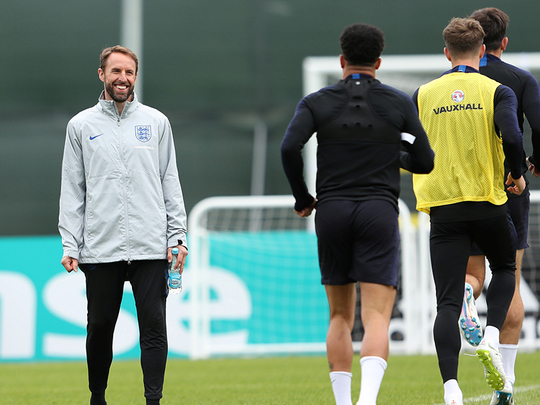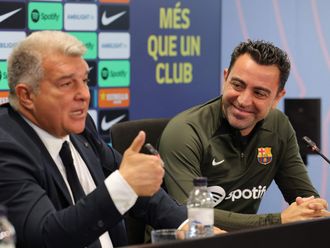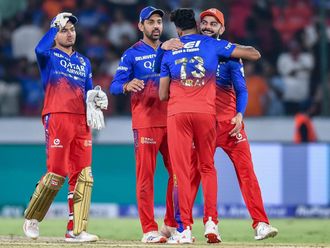
Repino: It was inevitable that, at some point, the conversation with Gareth Southgate would turn to the most harrowing ordeal of his professional life and the reasons why the England manager, after two decades of living with the consequences, is so determined to make sure his team will not fall into the same trap.
Southgate was thinking back to that night against Germany in the semi-final of Euro 96, with the game drawn 1-1, and the traumatic events that led to John Major, the prime minister, offering him a sympathetic hug outside Wembley. The night Southgate was asked by Terry Venables, just moments before the penalty shootout started, if he would take one and it hit him, in his own words, like “a bolt from the blue”. The night he assured Bryan Robson that, yes, he had taken a penalty before. “Bryan didn’t ask for details,” Southgate later recalled. “That suited me. My penalty career had been brief: one missed effort for Crystal Palace three seasons previously.”
It is 22 years since Southgate set off on that lonely walk from the centre circle and, if nothing else, at least it means he can speak from authority now England have reached the stage of the World Cup where the line between success and failure could feasibly rest on one team’s accuracy from 12 yards.
It is fair to say England’s players will never have been better prepared if Tuesday’s game against Colombia, or any of the possible assignments beyond that point, goes the same way and perhaps that should not be a surprise given the identity of the manager and his own story.
“I have had a couple of decades thinking it through,” Southgate said. “I was a volunteer, really [in Euro 96]. The type of character I was, I felt you should put yourself forward. It is probably braver not to, if you are not confident. But in defence of the staff who were there at the time, penalty shootouts weren’t as regular then. FA Cup ties, for instance, went to two or three replays, so we weren’t in those situations as often as now. The depth of knowledge and understanding wasn’t so great and we didn’t have as much information as we do now.”












